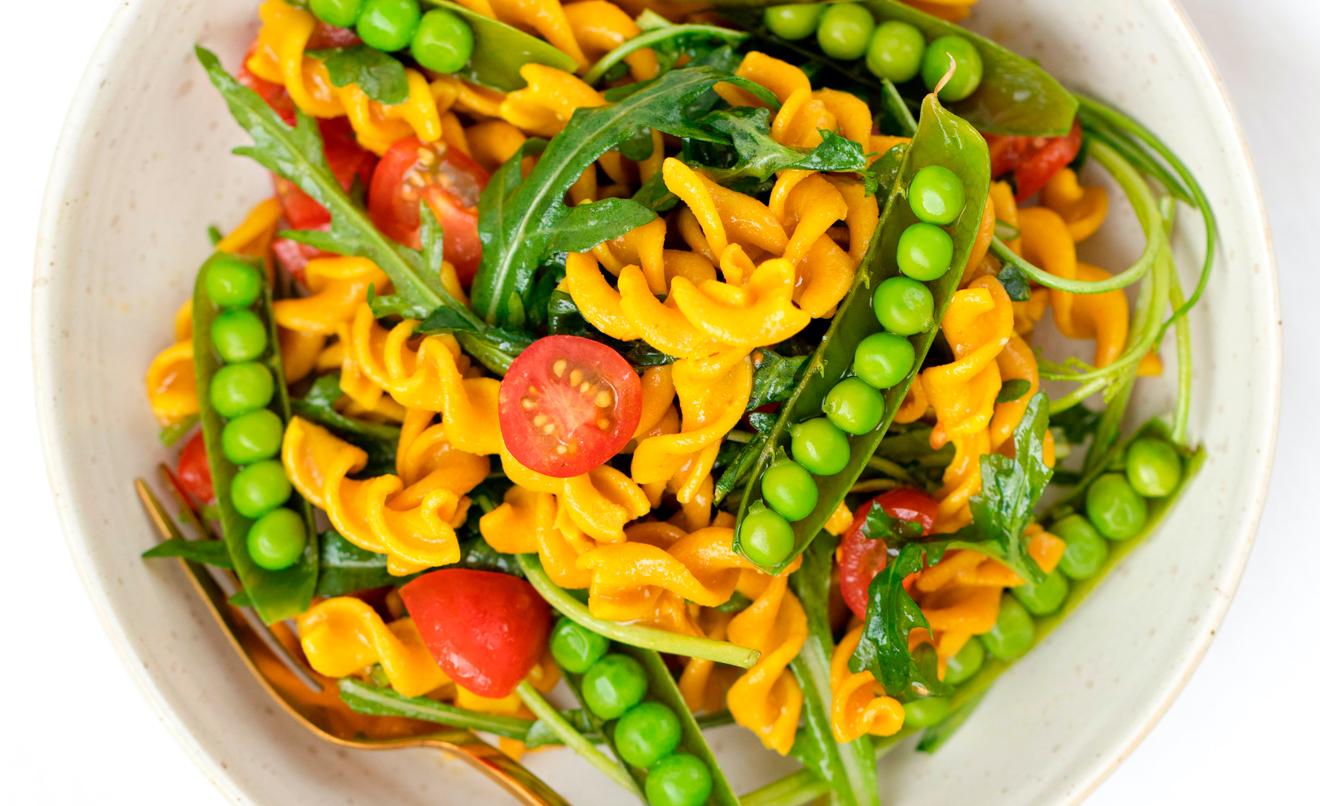
Elite athletes practice sports at
levels where the aim is to exceed the natural limits of strength and
resistance. In these cases, professionals who help the athletes throughout the training
and competition also guide their diet, training and supplementation.
But what about the amateur athletes
who also compete frequently, although their objective is to be healthy and have
fun with sports?
Here are some basic tips on diet for those athletes who
want to improve their performance and minimize the risk of injury.
Although each person will need personalization of their
energy needs, it is safe to claim that dietary calories are essential for performance
during training or competition and to avoid fatigue and muscular degradation
that can easily generate injuries.
Sometimes, it is difficult to combine the practice of
certain sports with the daily life of an amateur athlete. Therefore, dietary
supplements that provide extra proteins and/or carbohydrates for a sufficient
caloric supply are becoming increasingly popular.
On the other hand, depending on the field, we will
need more or less supply of each nutrient.
A carbohydrate
recharge is especially relevant in high-intensity or interval sports, known
as HIIT (High Intensity Interval Training). Other sports, such as soccer, rugby,
CrossFit, body pump, etc., are about short periods of great muscular effort
(anaerobic) alternating recovery, which can be aerobic.
For endurance or aerobic sports such as
cycling, running or hiking, carbohydrate recharge is not so important, but we need a great supply of fats and optimal
hydration.
In both cases, we need to maintain a diet that
provides enough proteins and
fresh vegetables containing antioxidants.
But if you want
to improve your performance, here are some good options:
We will only eat food while training if the sport activity
lasts more than 60-90 minutes. It is difficult to have new
essential requirements during this time if we have consumed what we needed
before training. If necessary, the best option is fast-assimilating carbohydrates
dissolved in our drink. Isotonic drinks provide electrolytes to avoid
dehydration, pulled muscles and fatigue.
However, in resistance sports, it is important to
maintain a constant supply of certain minerals,
amino acids and glucose. Take every 30-45
minutes 250 mL of water with sodium, potassium and sugars for fast assimilation.
It is essential to avoid excess
fiber during exercise or even the days before a competition.
After a demanding physical practice, our bodies are
totally predisposed to absorb and replenish all the necessary nutrients, so we
need highly nutritious foods.